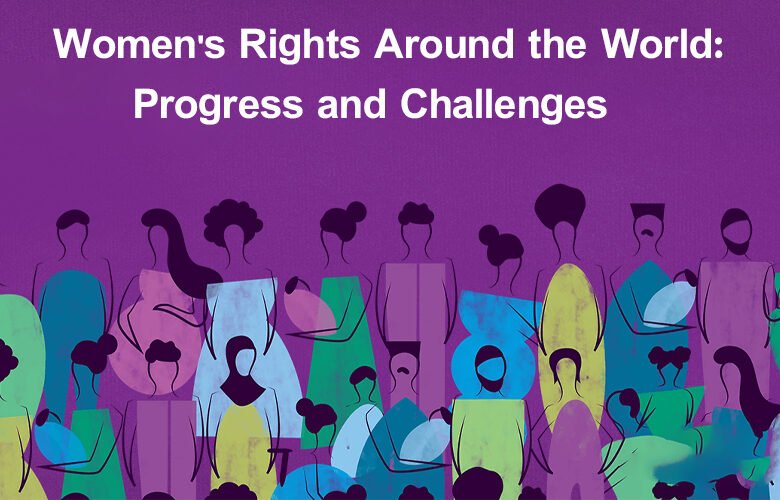From boardrooms to battlefields, classrooms to parliaments, women have been making strides in breaking barriers and reshaping societies. The fight for women’s rights, however, is far from over, as the world witnesses a complex interplay of progress and persisting challenges. This article delves into the global landscape of women’s rights, highlighting the remarkable achievements while shedding light on the ongoing hurdles.
The Road to Progress
Over the last century, women’s rights movements have achieved significant milestones. The right to vote, access to education, and opportunities in the workforce are just a few of the accomplishments that have transformed societies. Icons like Malala Yousafzai, who championed girls’ education, and Nobel laureates like Aung San Suu Kyi, who advocated for democracy, stand as symbols of courage and determination.
In some parts of the world, legal reforms have enacted protections against gender-based violence, child marriage, and discriminatory practices. Women are rising to leadership positions in politics, business, and science, bringing diverse perspectives to decision-making tables.
Challenges on the Horizon
While progress is evident, challenges persist on multiple fronts. Gender-based violence remains a critical concern, affecting women from all walks of life. Economic disparities continue to plague women’s access to equal opportunities and fair wages. In regions where patriarchal norms are deeply entrenched, efforts to advance women’s rights often face resistance.
Lack of access to education, particularly in certain rural and marginalized communities, hampers the empowerment of women and girls. Health disparities, including inadequate maternal care and reproductive rights, further underscore the need for sustained advocacy.
Global Solidarity and Future Prospects
The fight for women’s rights is not confined to any particular nation or region; it’s a collective global struggle. International platforms like the United Nations have played a pivotal role in promoting gender equality through initiatives like the Sustainable Development Goals.
Despite the challenges, grassroots movements, social media campaigns, and the tireless efforts of activists are pushing for change. The #MeToo movement, for instance, sparked global conversations on sexual harassment and assault, leading to increased awareness and policy changes.
Conclusion
As we reflect on the progress and challenges surrounding women’s rights around the world, it becomes evident that there’s still much work to be done. Every step forward represents not only the liberation of women but also the betterment of societies as a whole. The journey towards gender equality requires continued advocacy, education, policy reforms, and a united commitment to upholding the rights and dignity of women everywhere. Only by addressing these issues head-on can we pave the way for a future where women’s rights are truly universal and unassailable.
